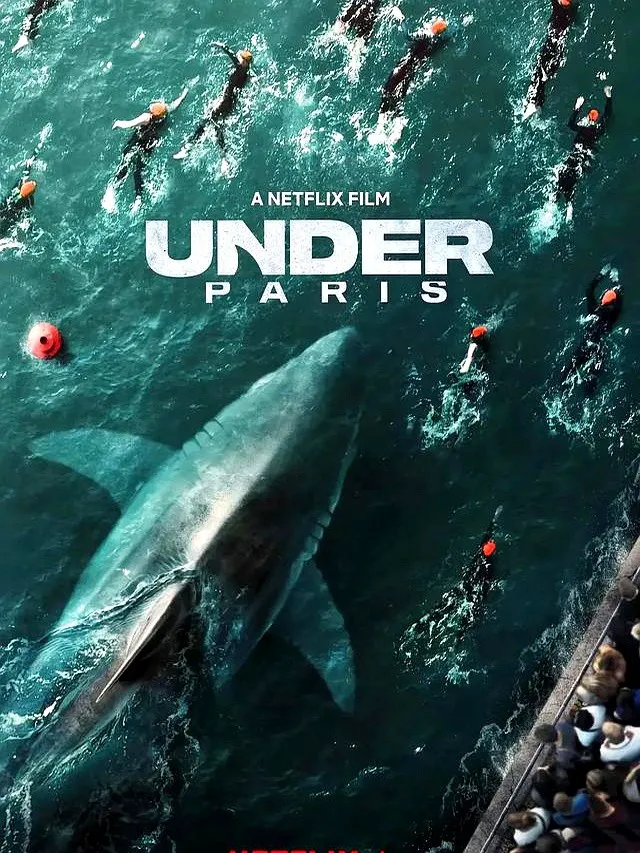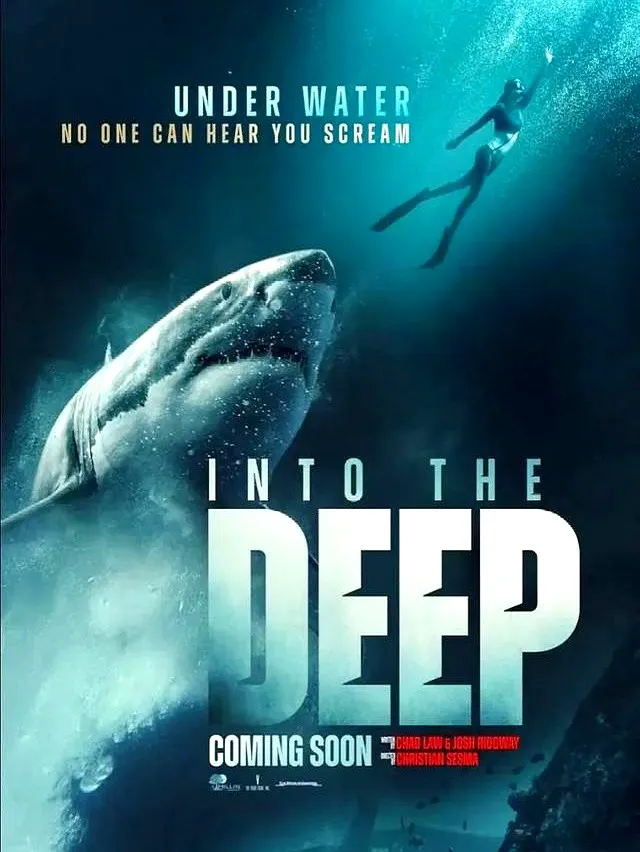Shark Movies: A Chilling Summer Escape?
Is there anything more paradoxical than seeking refuge from the summer heat in an air-conditioned room, only to subject yourself to the spine-tingling terror of shark movies? It’s a peculiar form of entertainment, where the promise of a cool escape quickly turns into a descent into the depths of thalassophobia – the fear of the deep sea.

Far from being a simple way to beat the heat, these films often feel like a form of psychological torture, especially for those already wary of the water.
The Enduring Legacy of Jaws
Steven Spielberg’s Jaws, unleashed upon the world in 1975, didn’t just create a blockbuster; it cemented humanity’s primal fear of the ocean’s depths into our collective consciousness. The transformation of a serene beach vacation into a bloodbath, coupled with the indifference of profit-driven officials, remains disturbingly relevant even today.
Ironically, the film’s genius stemmed from necessity. The malfunctioning mechanical shark forced Spielberg to rely on subtle cues, like floating barrels, to indicate the shark’s presence. This limitation birthed a masterclass in suspense – proving that what you don’t see can be far more terrifying than what you do. Subsequent shark films, regardless of their budget or creativity, have struggled to escape the shadow of this groundbreaking formula.

When Reality Bites: The Science (and Lack Thereof)
The Shallows, featuring Blake Lively’s harrowing battle against a great white, ratchets up the realism with its graphic depiction of infected wounds and the ever-present threat of the ocean. Open Water, based on a true 1983 incident, takes a darker turn, portraying a couple abandoned at sea, forced to witness each other’s demise at the hands of circling sharks.
Even scientists have weighed in, attempting to debunk the hysteria. Marine biologists often cite statistics showing that the likelihood of being struck by lightning is 30 times greater than being attacked by a shark. They also point out that the most dangerous species, like bull sharks and tiger sharks, rarely venture into shallow waters.
Yet, logic often fails to quell the deep-seated fear.
From Genetic Nightmares to Sharknados: The Spectrum of Silliness
Deep Blue Sea, with its genetically engineered super-sharks, feels eerily prescient in the age of AI, reminding us of humanity’s penchant for playing with forces beyond our control.
However, high-tech special effects can’t always compete with psychological suspense. 47 Meters Down proves this, using a limited budget to create a claustrophobic and terrifying experience.
In contrast, the big-budget The Meg, starring Jason Statham battling a prehistoric megalodon, delivers spectacle but often falls flat due to lackluster acting.
And then there’s Sharknado, the epitome of absurdity, where tornadoes hurl sharks into Beverly Hills. Despite initial ridicule, the franchise spawned six sequels, proving that sometimes, the most ridiculous ideas can be surprisingly successful.
Audiences seem to have an insatiable appetite for outlandish scenarios: sharks invading supermarkets, soaring through the sky, and, in a forthcoming 2024 release, swimming through the Seine River.
Scientific accuracy? A mere afterthought.
The upcoming No Way Up promises even more mayhem, with a plane crash landing in shark-infested waters, forcing survivors to use airplane seats as weapons during a typhoon.

While real-life orcas have been known to capsize yachts, the idea of passengers fighting sharks with life vests seems ludicrous, especially considering a shark’s ability to detect blood from miles away.
The Allure of the Abyss
Ultimately, shark movies tap into our fundamental fear of the unknown. We may know the statistical improbability of an attack, but the primal fear persists, much like acrophobia in someone living on the 20th floor.
The trailer for the 2025 film Something in the Water features divers encountering both pirates and sharks in a shipwreck – a scenario that would likely result in immediate annihilation in reality.
But that doesn’t stop us from watching. We simultaneously criticize the absurdity and shield our eyes, cranking up the air conditioning while breaking out in a cold sweat.